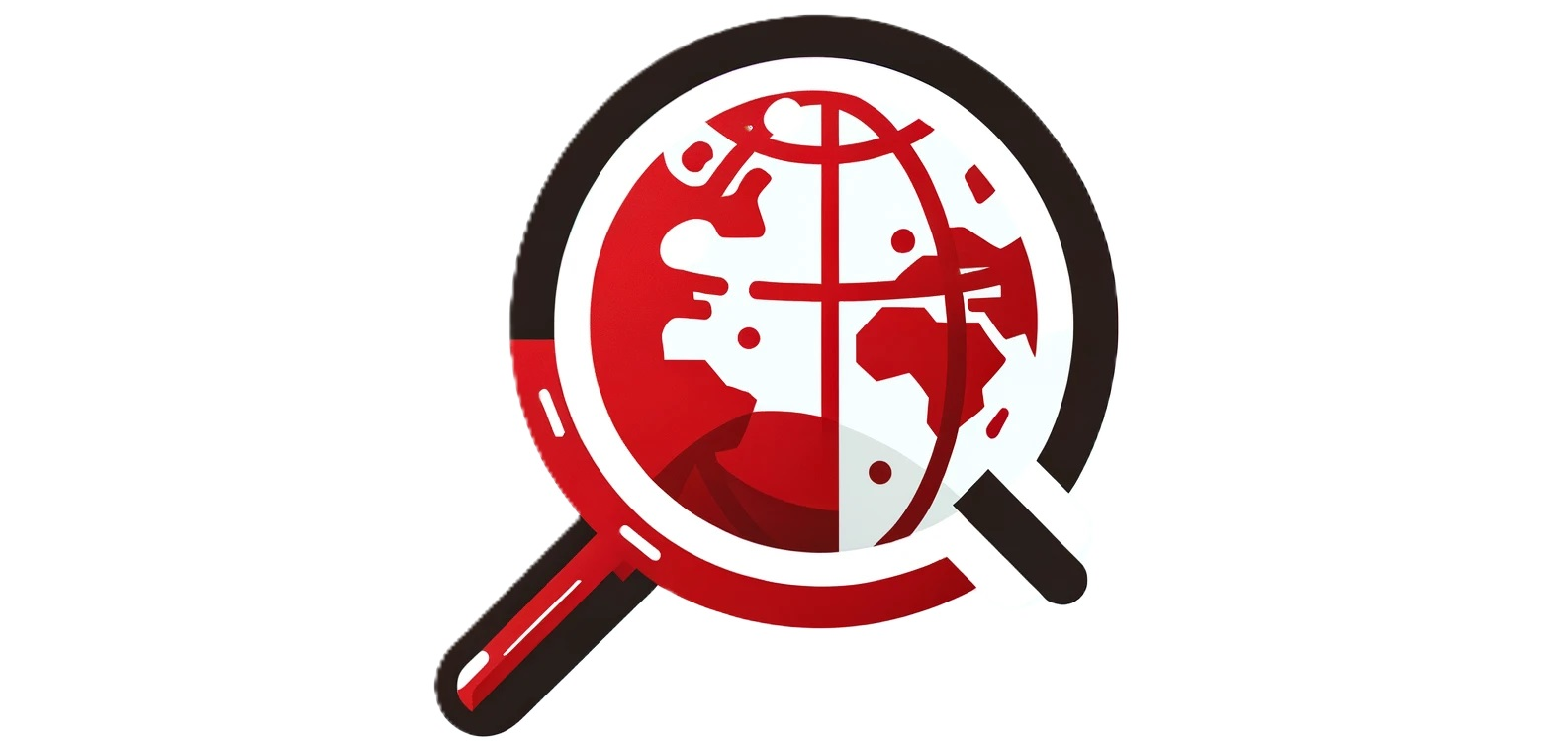SMETA is a type of standardized audit that focuses not just on the financial and legal aspects of an organization, but on the corporate social responsibility dimensions. As key stakeholders increasingly look beyond just financial benefits, social audits are a great way to ensure ethical business practices in your supply chain.
In this article, we will introduce you to SMETA and present you the benefits of auditing your business to social audits.
What Is SMETA?
SMETA stands for Sedex Members Ethical Trade Audit and is an audit created by Sedex for social/ethical auditing purposes. The audit assesses multiple business standards, including: health and safety, environment and business ethics.
The SMETA audit format is easily shared between members and suppliers. The auditing data is published in the SEDEX system (also one of the largest collaborative platform) to ensure full transparency regarding sourcing data about suppliers. Today, more than 40.000 SMETA audits are uploaded into the platform each year.
What Is the 4-Pillar SMETA Audit?
The SMETA Audits comprises of either two our four auditing pillars. Firstly, there are two mandatory pillars (Labor Standards and Health and Safety), and additional elements covering United Nations Guiding Principles: Entitlement to Work, Subcontracting and Homeworking, Management Systems, and a shortened version of Environment Assessment.
The four auditing pillars include the two mandatory pillars, additional elements, and an extended version of the Environment Assessment, plus Business ethics.
Why Use a SMETA Audit?
There are several reason to use the SMETA Audit. The first being that it is one of the most popular types of audits out there – meaning as a supplier you’ll be able to avoid conducting multiple site audits for different types of clients, as many of them rely on SMETA Audits. Instead, factories and suppliers can use the audit report to show them to multiple clients,
Aside from that, SMETA can be used by any organization- including manufacturing sites, agricultural sites, and service providers- that includes an audit. It can also be tailored to accommodate a single-site audit or a multi-site audit.
Other key benefits of SMETA audits include:
-
Improved relationships with your suppliers.
-
A transparent verification of your compliance to the highest ethical standards.
-
Increased transparency.
-
Improve your brand reputation.
What Other Social Auditing Programs Are There?
There are a series of other forms of social audits that can be done for supply chains. These range from social compliance audit, environmental audits, to ESG (Environmental, Social, Governance) audits and more. Each of these audits have its own strength, focus and weaknesses and are generally audited by an independent third party. You can check a sample report of our social compliance audit here. Which type of auditing service is best for your company can depend on what regulations you want to adhere to, what your business goals are, and the needs of your clients.
Conclusion: What Is SMETA Audits? [Key Information about Social Audits]
SMETA is a leading social auditing program created by Sedex. The audit assesses multiple business standards, including: health and safety, environment, and business ethics. Auditing your suppliers or manufacturers based on social, environmental, and ethical dimensions has become a top priority for many businesses. Aside from SMETA, there are a series of other audits that can verify your compliance to the highest ethical standards. These include social compliance audits, ethical audits and ESG audits which we also offer at AQM BD. Contact us today if you want to learn more about these types of audits.





